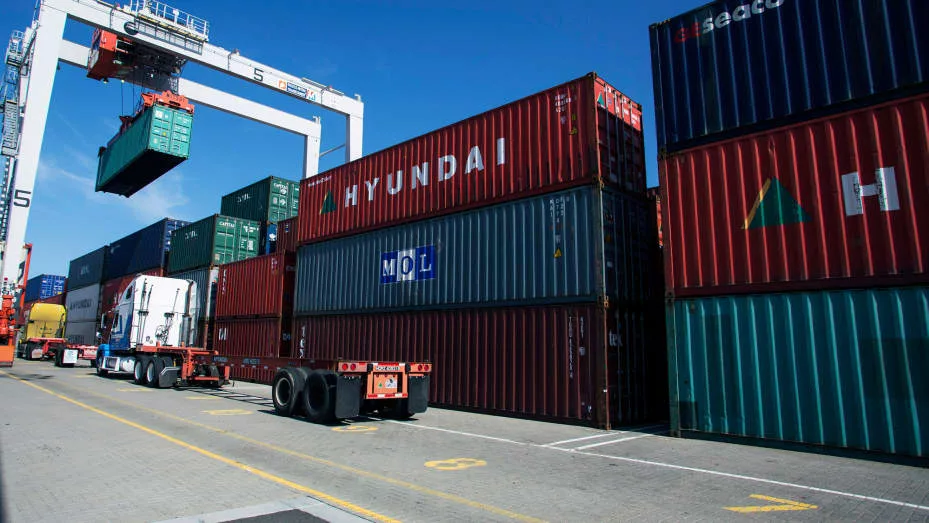Unemployment remains a pressing issue in Nigeria, affecting millions of young, eager workers seeking opportunities to contribute to the nation’s growth and development. While numerous factors contribute to this problem, one often overlooked solution is the potential of free trade. Embracing free trade can unleash a wave of economic activity, boost job creation, and provide Nigerians with newfound opportunities.
Over the past seven years, in an effort to protect some of Nigeria’s local sectors such as agriculture, the last administration adopted trade policies that many economists deem were an albatross to Nigeria’s trade and growth, which they link to many job losses.
Nigeria’s unemployment crisis is multifaceted, with factors such as rapid population growth, inadequate infrastructure, and insufficient job creation exacerbating the problem. A significant portion of the unemployed population consists of young people who are eager to contribute to the nation’s progress but lack access to opportunities.
Embracing free trade allows Nigerian businesses to access larger markets beyond the country’s borders. When domestic companies can sell their goods and services internationally, they often experience increased demand. This heightened demand necessitates the expansion of production, leading to more job opportunities in various sectors.
Free trade agreements attract foreign investors seeking access to new markets. These investments can result in the establishment of local subsidiaries, factories, and production facilities, all of which require a workforce. As foreign businesses set up shop in Nigeria, they create job opportunities for the local population.
Overdependence on a single industry, such as oil, has limited Nigeria’s job market. Free trade encourages economic diversification by promoting the growth of various sectors. A more diversified economy offers a wide array of job opportunities, reducing the reliance on a single industry for employment.
Free trade enables Nigerian businesses to compete on the global stage. As they become more competitive, they can expand their exportation efforts. This leads to the growth of industries and the creation of jobs in areas such as manufacturing, agriculture, and technology.
Free trade can empower small and medium-sized enterprises (SMEs) by providing them access to larger markets. As SMEs thrive, they often need to expand their operations, hire additional staff, and develop new products or services, all of which contribute to job creation.
While the benefits of free trade for reducing unemployment are evident, Nigeria must also address specific challenges:
Infrastructure Development: To fully harness the potential of free trade, Nigeria must invest in critical infrastructure, such as transportation, logistics, and energy. These improvements are essential to support increased economic activity.
Skills Development: Preparing the workforce for new opportunities created by free trade requires investments in education and skills development programs. Equipping Nigerians with the skills demanded by emerging industries is crucial.
Trade Facilitation: Simplifying trade processes, reducing bureaucratic hurdles, and improving customs procedures can enhance the efficiency of trade and encourage more businesses to participate in global markets.
Sustainable Development: Nigeria must ensure that free trade agreements align with its long-term development goals, including environmental sustainability and social equity.
Free trade holds immense potential to combat unemployment in Nigeria. By expanding markets, attracting foreign investments, and diversifying the economy, Nigeria can create a conducive environment for job creation. However, addressing infrastructure deficits, investing in education and skills development, and streamlining trade processes are essential steps to ensure that the benefits of free trade reach all Nigerians. Embracing free trade is not just an economic opportunity; it is a path to a brighter, more prosperous future for the nation and its people.





